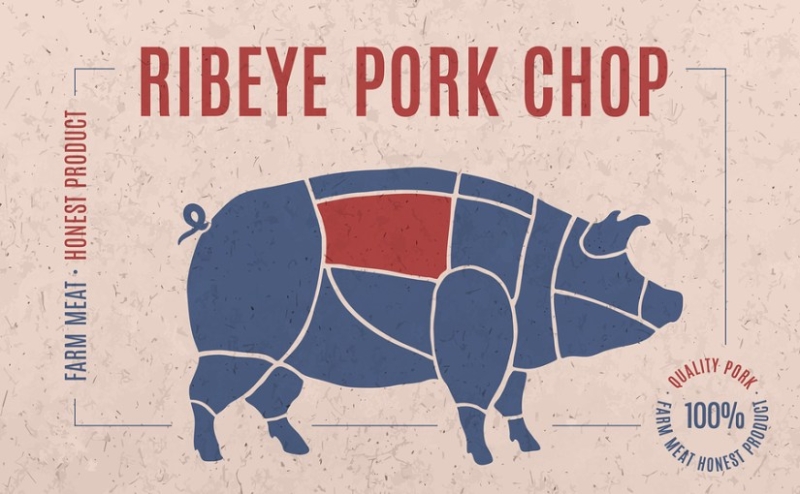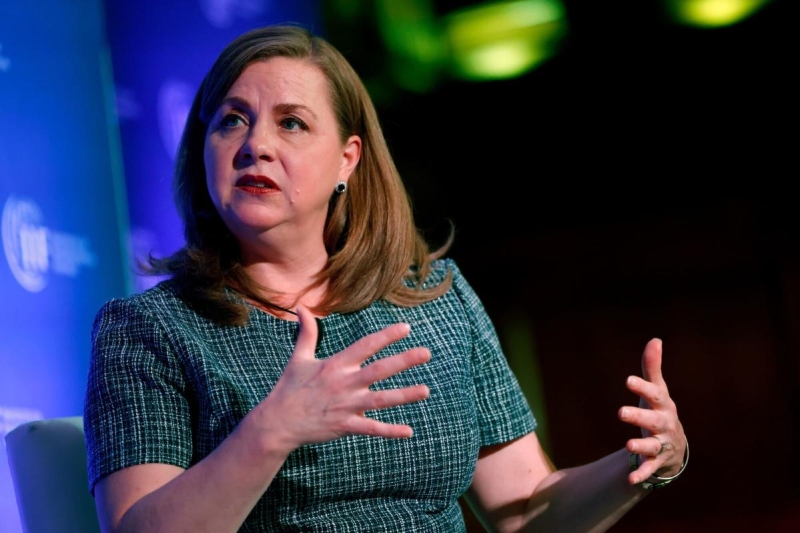
- Similar to California’s Proposition 12, Massachusetts’ Prevention of Farm Animal Cruelty Act (also known as “Question 3”) imposes animal welfare standards for hens, sows, and veal calves raised in Massachusetts and makes it unlawful for businesses to sell eggs, veal, or pork that they know to be in violation of these standards (even if the animals were raised out of state).
- A July 22nd order from the U.S. District Court of Massachusetts dismissed a challenge to the law brought by various pork producers, holding that the law was not preempted by the Federal Meat Inspection Act (FMIA) because it does not regulate how slaughterhouses operate. This decision has been appealed to the First Circuit Court of Appeals.
- Last month the pork producers’ appeal was joined by Iowa (the top pork-producing state) as well as 21 other states. The states’ brief argues that the law will increase costs for pork producers (and prices for consumers) and that such state laws, if upheld, could create a regulatory maze of differing state requirements. We note that such arguments were not foreclosed by the Supreme Court’s 2023 Proposition 12 decision (National Pork Producers Council v. Ross) which held that such laws violate the dormant commerce clause if the “burden imposed on interstate commerce” is “clearly excessive in relation to the putative local benefits.” Nevertheless, it’s not clear how such a fact-based argument can be evaluated on appeal. The states’ brief also latches onto Justice Kavanaugh’s concurring opinion in National Pork Producers Council v. Ross and states that Question 3 “may also implicate other constitutional provisions like the Import-Export Clause and the Full Faith and Credit Clause.”
© 2024 Keller and Heckman LLP by: Food and Drug Law at Keller and Heckman of Keller and Heckman LLP For more on Farm Animals, visit the NLR Biotech Food Drug section.






